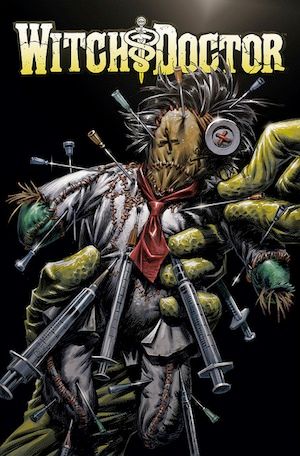"Rape is violence. But that’s not all it is. It’s also defilement — having your body violated and desecrated. And it’s an interruption over your agency, your control over your body and your life. On top of all that, rape victims often end up feeling that they were complicit in their own attack ('I should’ve told him no again,' or 'I should’ve tried to fight him off harder,' or 'I hate myself because I just froze up while it was happening.'). It’s awful, it’s scarring, and for a lot of people it sticks with them very vividly, for a very long time. And for a lot of people, those memories are very easily triggered… by, for instance, seeing a rape scene on TV or reading one in a comic.
Rape is also ridiculously, sickeningly common. One in six women in America reports having someone at least try to rape her. But honestly, in my experience? I feel like it’s more like one in four women. Or one in three. There have been times in my life when it seemed like every women in my life had been roofied at a bar, or followed into a bathroom by a guy at a party, or got forced to do things she didn’t want to do by a boyfriend, or was date raped, or was molested by a family friend, or… Or… Or…
And the very least I can do? As a friend, and as a responsible adult? Is not to write comics that cause people I care about to relive some of the most horrific events of their lives."
-- Brandon Seifert, co-creator of Witch Doctor and Spirit of the Law, explaining why he doesn't use rape as a plot device.


